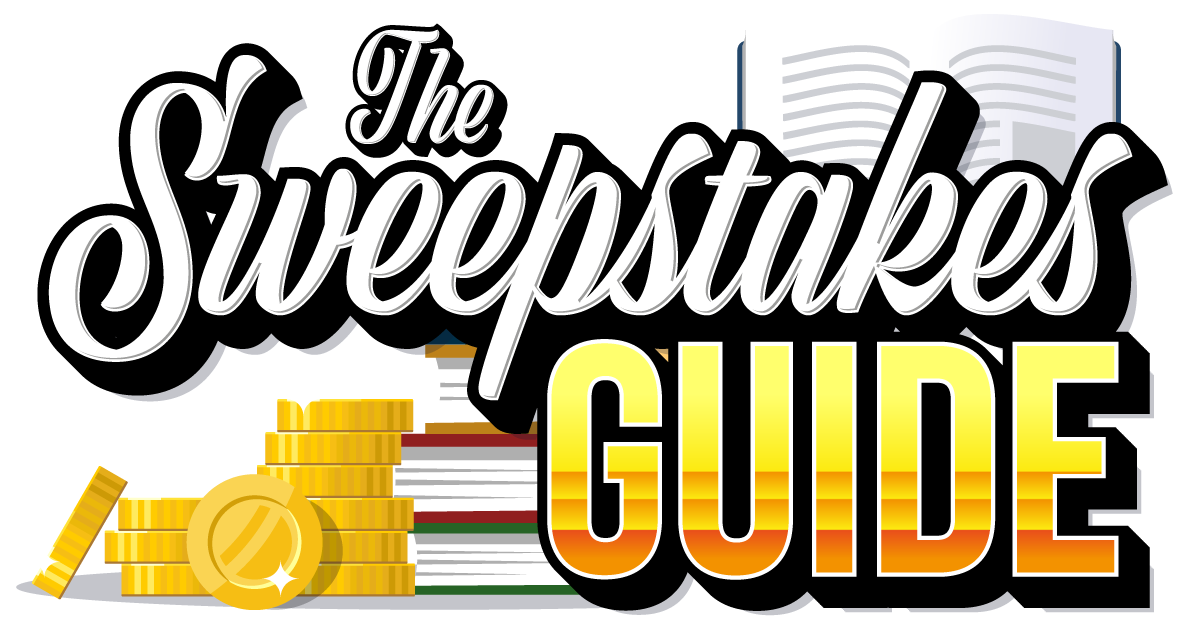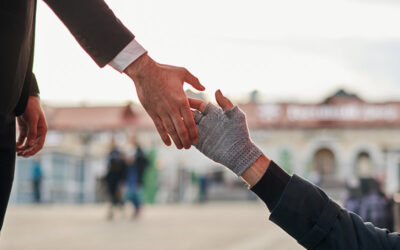Trivia Scandals
Nobody can claim that they “invented” trivia. Knowing random stuff for fun has surely been interesting since the first humans began retaining knowledge for survival. As competitive people, it’s no surprise we turned these trivial facts into challenging and fun games! Trivia games have now become a core way that we entertain ourselves, with apps, pub trivia nights, fun fact memes, and game shows. Game shows have always been a fun way to pass the time. Who hasn’t sat in a break room silently guessing answers for “Jeopardy!” questions? We take for granted that these contestants all have a fair chance, but it wasn’t always so. Read on to hear how quiz show scandals changed trivia games!
Rise in Popularity
Television programs in the 1950s were so new that regulations couldn’t keep up. Especially with the widely popular trivia game shows. The assumption was that the games were an honest and fair contest between regular folk. These game shows rose in ratings as the prizes were unprecedented and it seemed the contestants all stood an equal chance to win. Contestants were from all walks of life, it seemed everyone had the same opportunity to display their breadth of knowledge and take home big prizes.
Rigged
In 1956, a game show featured a contestant who had been coached by the producer to allow his opponent to win the game. The contestant took the fall as requested of him. A year later, he went public with his story and told journalists that his run as champion had been choreographed; he had been ordered to purposely lose his championship. Without proof, his story was never printed. His allegations gained more credibility as other contestants began speaking up- including the first woman to earn the $64,000 prize. In her case, producers tried to sabotage the game against her. They gave her questions they thought would be beyond her ability to ensure her defeat. She answered the questions correctly and went on to win. Amid allegations of fixing and cheating, quiz show ratings across the networks plummeted and many were cancelled. 1950s Scandals
Fallout
In 1960 Congress amended the Communications Act of 1934, prohibiting the fixing of quiz shows and declared illegal any contest or game with intent to deceive the audience. However, at the time of filming, being a party to a fixed game show or fixing the game show wasn’t illegal. So, no one went to prison specifically for rigging the games. The individuals who were prosecuted were charged because of attempts to cover up their actions.
That time is now known as “The American quiz show scandals of the 1950s.” President Dwight D. Eisenhower of the United States stated that it was “a terrible thing to do to the American people”. The shows are now closely regulated against such manipulations, so we can rest assured that the games aren’t a sham. The contestants really did learn massive amounts of trivia, they really are lucky, and they really are impressive winners.
Acts of Kindness Made Possible by the Lottery
It's easy to imagine how you would spend your money if you ever won the lottery. Knowing this, have you ever thought about how you could use that money to help others? These former lottery winners...
Would Winning the Lotto Make You Happy?
Winning the lottery sounds like a pretty life changing event. While coming in to an exorbitant amount of money might solve all of your immediate problems, would it provide long term happiness?...
What the Smartest Lottery Winners Do After They Win
It’s a dream that we all secretly (or not so secretly) have: one day we’ll find out that we won the billion dollar jackpot. While it’s easy to dream about all of the exotic vacations and expensive...



